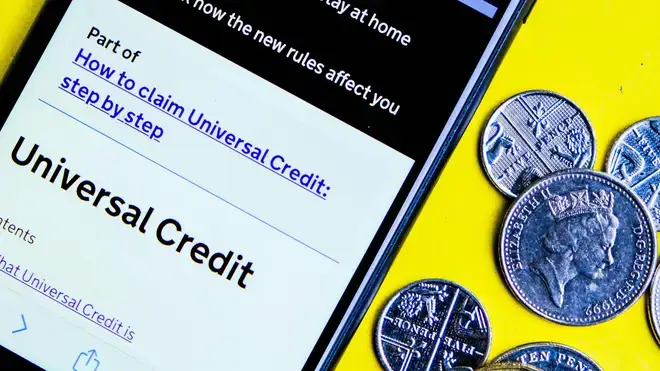Four million people are receiving jobless benefits without having to look for work.
The number of people claiming Universal Credit without the need to look for work has surpassed four million for the first time, in a huge blow for Chancellor Rachel Reeves ahead of her November Budget announcement.
The category includes people in full-time education, or with a child under one, and those deemed too ill to work.
The figure has surged by more than one million since October last year in a 50 per cent surge since Labour took office in July 2024.
It also marks a sharp rise from the 2.2 million claimants in 2023 not expected to job hunt.
Those who claim Universal Credit without having to look for work also now make up almost half of all claimants – with the total number of Universal Credit claimants surging from 7.2 million to 8.3 million in just one year.
The 1.1 million rise marks the largest yearly surge in total claimants since the first year of the Covid pandemic — the 12 months to April 2021.
It marks a devastating blow for Labour's manifesto pledge to get Britain back to work.
It comes as separate figures revealed unemployment hit its highest level since the pandemic, with 180,000 workers on the payroll losing their jobs following Labour’s first budget in 15 years.
The rate of UK unemployment also rose to 5% in the three months to September, the latest ONS figures revealed.
In further evidence of a tough jobs market, the ONS said the number of workers on UK payrolls fell by 32,000 during October to 30.3 million, following a 32,000 drop the previous month.
The Government announced this week it will launch an independent review into the rising number of young people out of work or studying.
Many of those are not claiming benefits are economically inactive after leaving education.
Responding to the figures, Secretary of State for Work and Pensions, Pat McFadden said: “Over 329,000 more people have moved into work this year already, but today’s figures are exactly why we’re stepping up our plan to Get Britain Working.
“We’ve introduced the most ambitious employment reforms in a generation to modernise job centres, expand youth hubs and tackle ill-health through stronger partnerships with employers.
“And this week we’re going further by launching an independent investigation that will bolster our drive to ensure all young people are earning or learning.
It comes ahead of Rachel Reeves crunch Budget later this month, with the full impact on the UK economy yet to be seen.
The Chancellor is fighting a battle to lower the disability benefits bill as official projections showing the cost is on course to hit £100bn a year by the end of the decade.
She is not thought to announce new welfare cuts and is instead understood to be plotting tax rises to plug a £30 billion fiscal black hole.
But she has previously said welfare reforms still need to happen, in comments during a trip to Washington DC for the annual meetings of the International Monetary Fund (IMF).
An attempt to push through cuts to benefits earlier this year led to an embarrassing last-minute U-turn for the Government.
Sir Keir had promised during his election campaign to “get Britain working”.
In November 2024, he promised 'sweeping changes' to the welfare system as he vowed to crack down on the 'bulging benefits bill blighting our society'.

